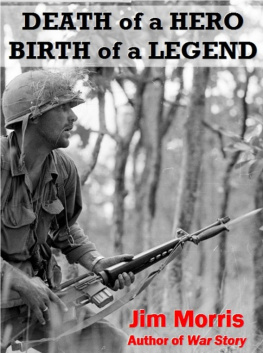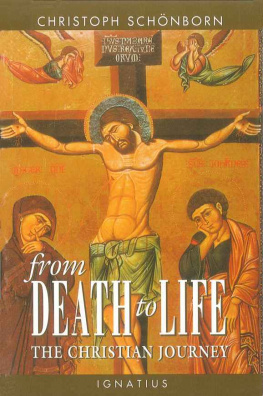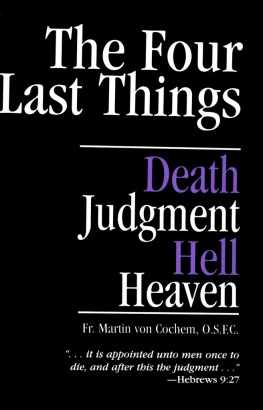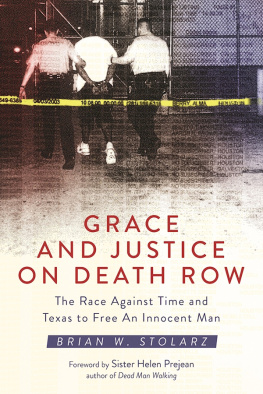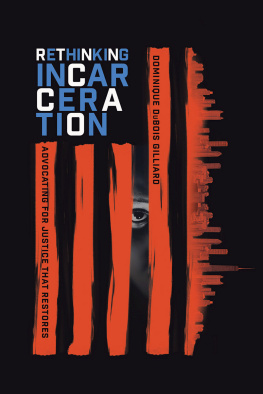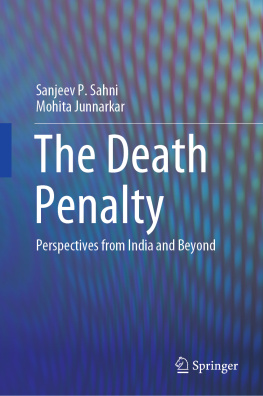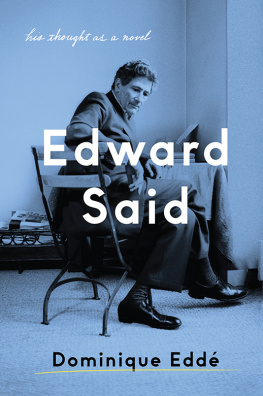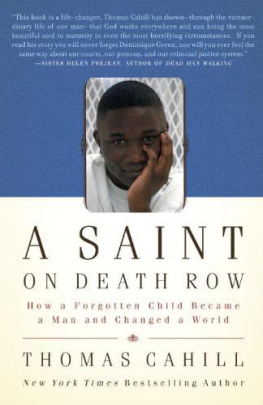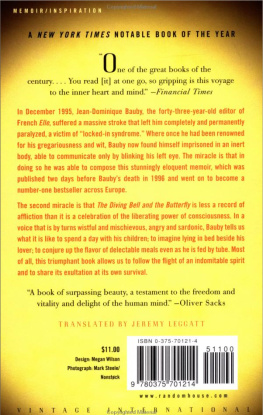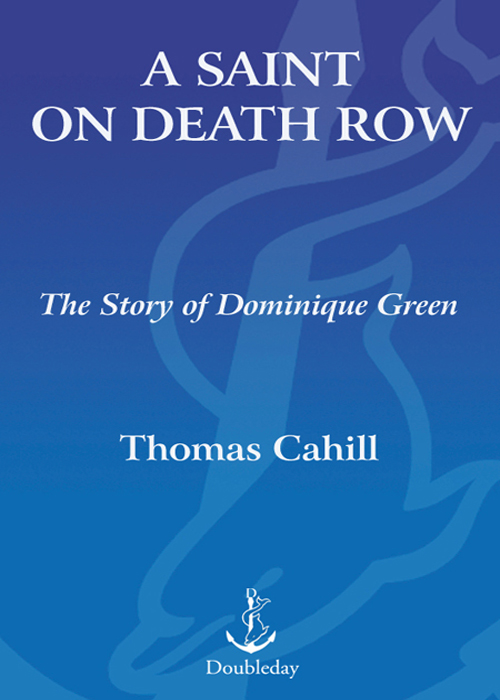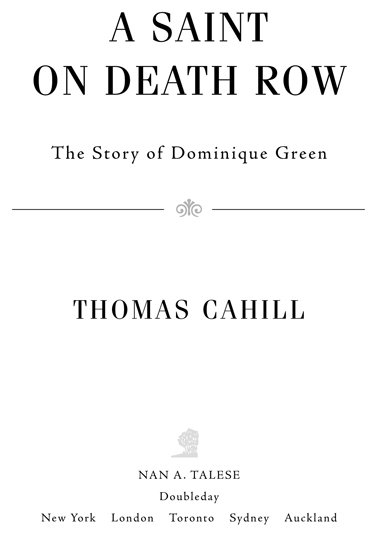If you are not loved, you do not exist.
PROLOGUE

I first met Dominique Green in December 2003. Right after our meeting, I wrote this account of my impressions.
He moves with an athletes grace; and his gestures, though economical, are expressive and dramatic. In repose his face has the dignity of a Benin bronze, and yet it is quickly animated by spontaneous displays of sympathy, humor, concern. Lights flash playfully in his dark eyes; he smiles and laughs easily. His quiet brow shows no effort or anxiety, but his eyes, when concentrating, seem to look beyond the present to a better world that only he can see. His countenance is suffused with an aura that, if one did not know something of the harshness of his history, might be mistaken for innocence. Its not innocence but goodness. His conversation is the most amazing thing about him: lively, liquid, without uncertainty, without cant or jargon, alive to the presence of his visitor but patiently pressing our dialogue in the direction of his own profound concerns. It is unusualat least outside ancient literatureto come upon his combination of intelligence and simplicity, suggestive of an untrammeled soul. He seems a born leader with no hint of the trivial about him and so devoid of the mundane concerns that weigh down most of us that you would feel no surprise to hear someone predict that, mark my words, this fellow will one day take his place as chief justice of the United States or archbishop of Canterbury or secretary general of the United Nations.
But Dominique Green can be none of these things. He is, rather, an inmate who lives in the solitary confinement of a six-by-nine-foot cell for twenty-three out of every twenty-four hours along the infamous Texas prison corridor called Death Row. When he is permitted a visitor, the visit must take place in one of a row of tiny visitors booths, each booth divided by a window of double glass through which prisoner and visitor may observe each other but never touch. In order to converse, the two must make use of telephone receivers attached to the walls.
Dominique is where he is for two reasons only: because he is poor and because he is black. Raised in an alcoholic household by a mother whose idea of discipline was to burn the palms of her childrens hands, living on the streets of Houston from the time he was fifteen, Dominique was no angelnor should the society that failed him utterly expect him to have been. At eighteen he was involved, it would seem, in an armed robbery with three other boys. The victim pulled a knife. There was a struggle and one shot was fired, killing the victim. The only independent eyewitness did not identify Dominique as the killer. The police did a deal with one of the boysthe only white onethat left Dominique charged with, and soon convicted of, capital murder. The white boy, never charged with anything, went free, and the district attorney interfered with investigators attempting to interview him; the three blacks went to prison. Dominique alone was sentenced to death after testimony from a psychologist known to believe that African Americans and Latinos are more prone to violence than others are likely to be. This psychologist was chosen by Dominiques court-appointed attorneys, who appearedeven to the victims wifeto work hand in glove with the prosecutors. These attorneys failed to introduce evidence that there had been a struggle (which would have led to a conviction for man slaughter, rather than murder), nor did they request DNA tests of any kind.
Over the eleven years Dominique has lived on Death Row, where he will soon reach the end of his appeals, he has grown from a neglected and abused boy into a man of stature. At first, he was full of self-hatred and hatred toward all those who had helped land him where he was. But the year-in, year-out faithfulness of a young woman who refused to let Dominique sink into a cauldron of despair finally brought him to his senses. He began to look around him and to take inspiration from older inmates; he began to read, to write poetry, and to draw. His reading has brought him to every category of fiction and nonfiction. He dislikes only fantasy, an understandable prejudice for someone in his situation. He has become a man not only of learning but of wisdom.
Not long ago, he read Archbishop Desmond Tutus book No Future Without Forgiveness, about the archbishops experience as chairman of South Africas unique experiment, the Truth and Reconciliation Commission, during whose sessions perpetrators of political violence were encouraged to tell the truth about what they had done in the course of the apartheid era, and the victims of that violence (and their families) were encouraged to forgive those who repented their violence. Dominique was deeply impressed by the book and realized that this was the path he and his fellow inmates must take. He pressed the archbishops book on anyone who would have it. (You may wonder how it is possible for men in solitary confinement to converse with one another and to share things. Since it would be a transgression for me, who was told many things in confidence, to describe the prisoners methods, all I can say is that human beings are infinitely inventive.)
Under Dominiques leadership many, perhaps even most, of the inmates on Death Row in the State of Texas have now forgiven everyone who has harmed them and, insofar as they can, have asked forgiveness from those they have harmed. Dominique is convinced that he has a vocation to inspire the kids who turn up on Death Row to drop their petty hatreds and to morph into larger, more generous human beingsin the same way that older inmates, since executed, once provided spiritual models for him to follow. Of course he would love to be free, but he also knows he has found his rolea meaning and purpose for his life that no one can take from him.
When I visited Dominique this first time, it was mid-December. The prison was full of Christmas decorations and the sounds of staff and visitors wishing one another merry Christmas, happy New Year. I asked Dominique what Christmas was like along Death Row. For the only moment in our long conversation, his eyes filled with tears. We share with one another, he said, and those with no money to buy anything from the prison commissary are given gifts of food by more affluent inmates. (Affluent is an exceedingly relative term in this context: there are no millionaires along Death Row, nor will there ever be.) We even have a sort of feast with each one sitting by the door of his cell, surrounded by his gifts, as present to one another as we can be. In all, it is a wonderful day, said Dominique; and all of us, both givers and receivers, feel better about ourselves.



